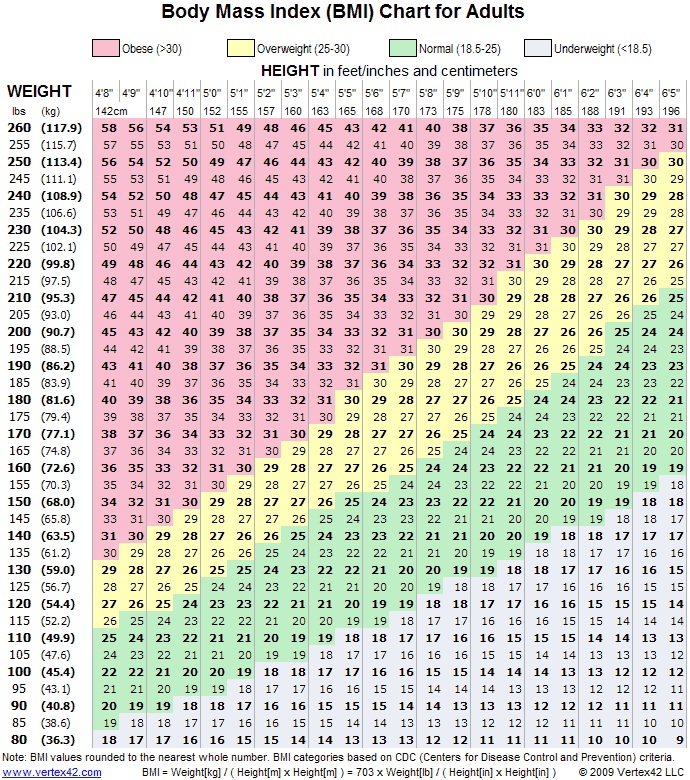

Your GP or health visitor can advise on where your child sits on the ‘centile charts’ used to estimate healthy weights for children. However, there are some situations where BMI may underestimate or overestimate these risks in the 25-35 BMI range. If your BMI is over 35, your weight is definitely putting your health at risk, regardless of the factors below.
#WOMAN BODY MASS INDEX CALCULATOR HOW TO#
There is really no such thing as someone who is big-boned." Dr Jan Sambrook, How to lose weight in a healthy wayįor most adults, BMI gives a good estimate of your weight-related health risks. But this causes quite a small variation in weight and is accounted for in the range of healthy BMI. "Some people naturally have a larger frame than others. As levels of overweight or obesity increase, the spotlight has fallen on BMI and its shortcomings as a measure of ideal weight for individuals, rather than whole populations of people where 'averages' apply. Accurate assessments of obesity are important, as being overweight or obese significantly increases your risk of a variety of medical conditions including type 2 diabetes, heart disease and cancer. If your BMI is over 35, your GP may advise you on additional options available to support you with losing weight.Your BMI, or Body Mass Index, is a measure of your weight compared to your height. Aim to exercise more and eat healthy balanced diet.įor individualised medical and dietary advice consult your GP and Dietitian. You lose weight if the amount of energy coming into your body is less than what is being used up by your body.

The good news is that even losing small amounts of weight can benefit your health. It is important that you take steps to reduce your weight. Obese(BMI 30+)Īs your BMI increases, your risk of developing coronary heart disease, diabetes and some cancers increases. For individualised medical and dietary advice consult your GP and Dietitian. Aim to exercise more and eat a healthy balanced diet. Keeping to a healthy weight will help you control your blood pressure and cholesterol levels. Overweight(BMI 25 to 30)īeing overweight increases your risk of developing coronary heart disease, as well as other health conditions such as diabetes. Some researchers have suggested that a BMI range of 22-26 is acceptable for older Australians.

Most adults should be active for 30 minutes on most days.įor older Australians, your general health may be more important than being mildly overweight. But we recommend that you also check your waist measurement.Īim to keep within the ideal weight range by eating a healthy, well-balanced diet and exercising regularly. You are a healthy weight for your height. If you're concerned about your weight or you are losing weight without trying, talk to your GP and Dietitian to make sure there aren't any other problems causing this.

Being in the healthy weight range will improve your body's ability to fight off infection or illness. It's important to aim to keep within your healthy weight range. Changing Exercise and Activity Behaviour.Education Topics for Heart Failure Education.Education Topics For Cardiac Rehabilitation.Medications for Acute Coronary Syndrome.Exercise Training Following a Recent Cardiac Event or Procedure.Exercise Capacity and Functional Testing.Evidence and Principles of Exercise Training.Pathophysiology of Acute Coronary Syndrome and Heart Failure.


 0 kommentar(er)
0 kommentar(er)
